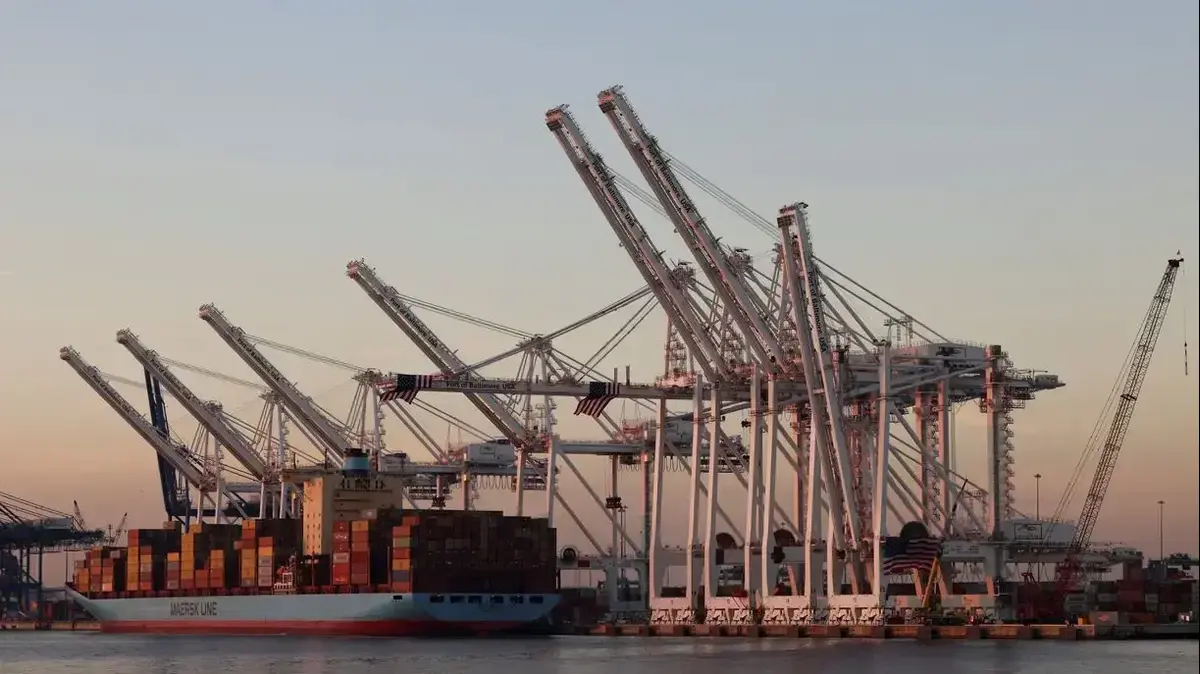Russian President Putin, Chinese President Xi with his wife: bought friendships?
Photo:
JASON LEE / AFP
The Chinese government is also using the construction of the so-called New Silk Road to make governments of geostrategically important countries more compliant.
This is the result of an evaluation of thousands of Silk Road projects in 64 countries that the Berlin Merics Institute prepared for SPIEGEL.
The five biggest beneficiaries of the Silk Road are therefore Pakistan, Russia, Kazakhstan, Vietnam and Indonesia.
Together, they have received around $ 66 billion in grants and loans since September 2013 for the construction of roads, ports, power plants, pipelines, factories, fiber optic lines - and other projects whose purpose is unclear.
There is therefore not a global infrastructural vision behind everything that happens under the code of the New Silk Road.
China is also following the wishes of the recipient countries, says Jacob Mardell of Merics, who has traveled halfway around the world for months to see the progress of the New Silk Road on site.
The Merics database is considered one of the most comprehensive research projects on China's new infrastructure network worldwide.
For example, China financed a new metro line for the Pakistani city of Lahore for 1.3 billion dollars.
According to the Merics database
,
Pakistan
received a total of
$ 18.6 billion from the New Silk Road - more than any other country in the world.
Pakistan is considered to be an important ally of China against the emerging regional power India.
Russia
, which China regards as an ally against US global hegemony, ranks second among the recipient countries.
Russia received a total of almost 18 billion dollars from China, the largest chunk of which went to a liquefied gas project in Siberia.
The Russian state-owned company Gazprom also received around two billion dollars from the state-run Bank of China in 2016 - allegedly for the development of a blockchain technology.
Since this is not explicitly an infrastructure project, Merics does not include this sum in its analysis of the Silk Road.
Otherwise, Russian President Vladimir Putin would be the greatest beneficiary of the Chinese initiative.
Kazakhstan
ranks third in the Merics database with around $ 11.85 billion.
The Central Asian state is an important supplier of raw materials for Beijing and an equally important transit country.
In addition, Kazakhstan borders the breakaway Chinese province of Xinjiang and, from Beijing's point of view, should be a stable neighbor for them.
Even before the Silk Road, China invested billions in Kazakhstan's energy and transport infrastructure.
Vietnam
(fourth place, around ten billion dollars) is considered Beijing's ideological ally in Southeast Asia.
In addition, the Vietnamese government is specifically promoting the settlement of Chinese companies in the country.
Indonesia
(fifth place, $ 7.86 billion) is China's biggest rival in the South China Sea.
Here, the money from the New Silk Road may also be used to make the enemy somewhat dependent on Beijing and in this way to exert influence.
Some of the populations of the recipient countries are suspicious of the new closeness of their governments to Beijing.
In Vietnam and Kazakhstan in particular, there are repeated anti-Chinese protests.
Citizens fear that their governments will lose sovereignty over China.
The New Silk Road is by no means the only channel through which Chinese capital flows to other countries.
Merics lists other grants and loans in its database, the background of which is difficult to determine, for example investments in cloud technologies in the Indonesian Jarkarta.
This raises the question of the extent to which all threads really come together in Beijing in the Silk Road project - and to what extent there is in the Wildwuchs initiative.
China's government has recently tried to increase its control over the New Silk Road, says Merics expert Mardell.
However, it is not clear what a corresponding coordination could look like at all.






